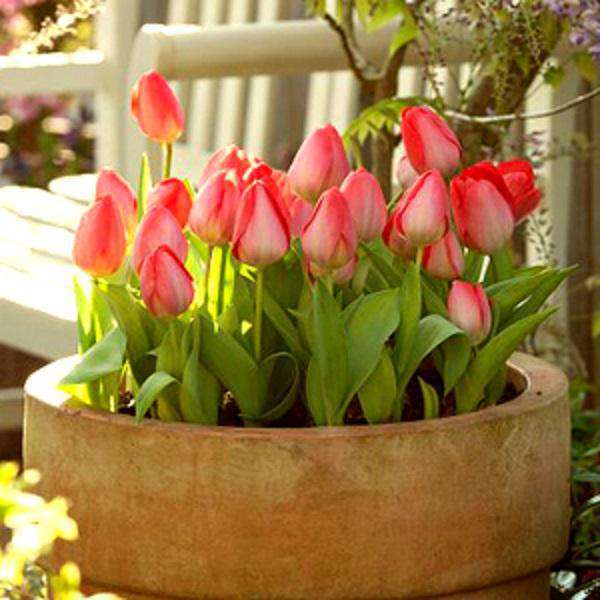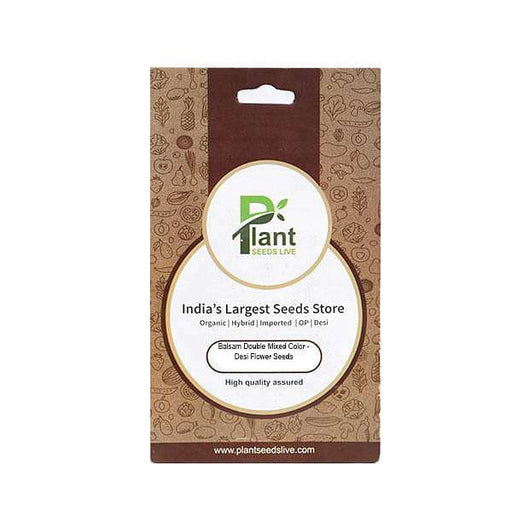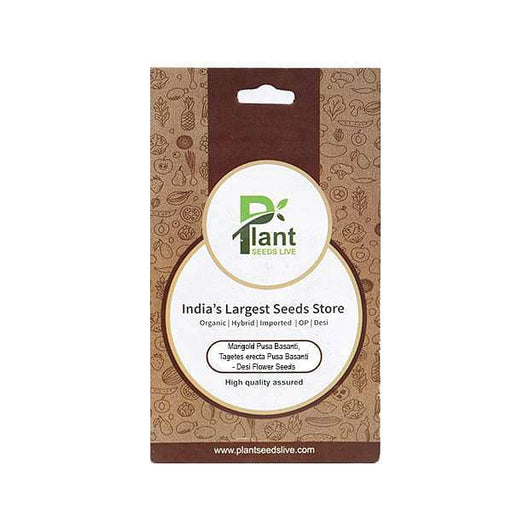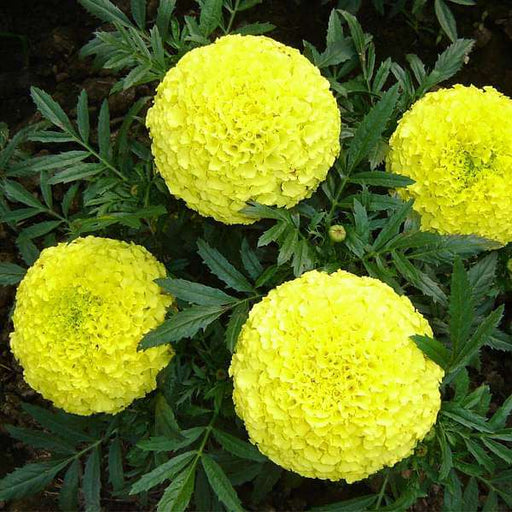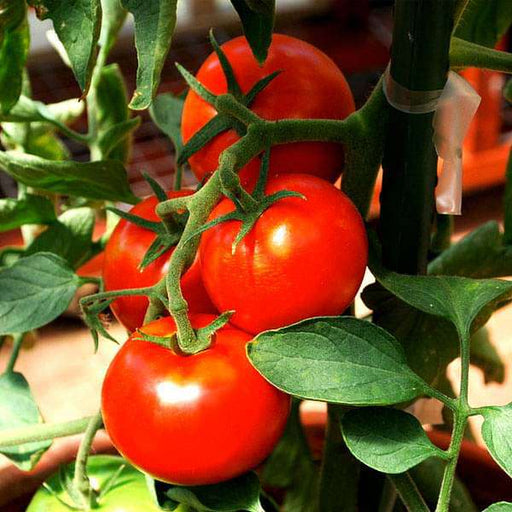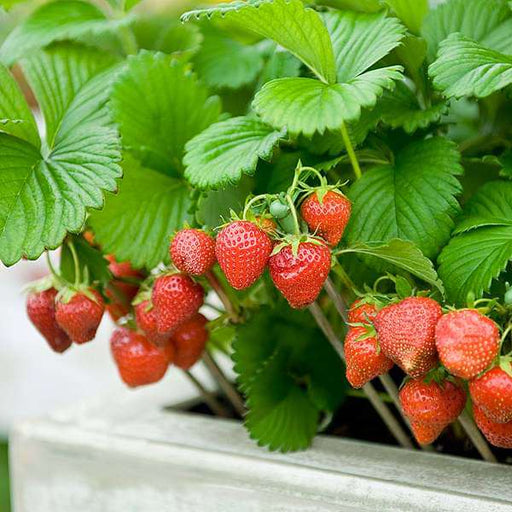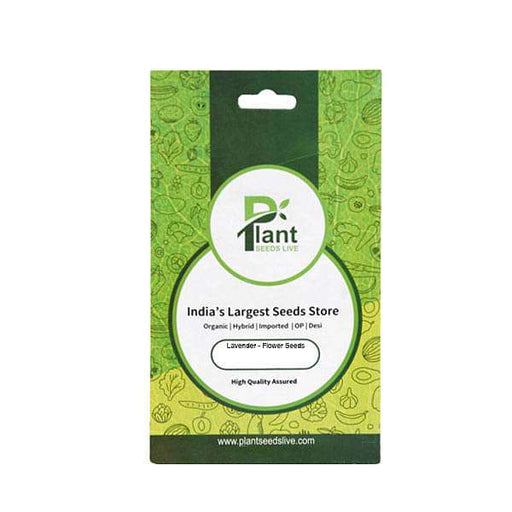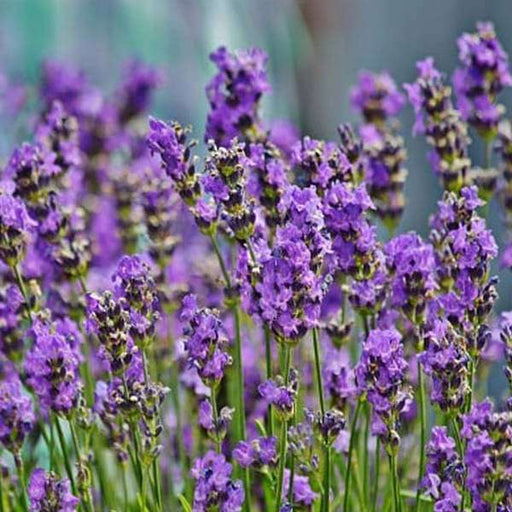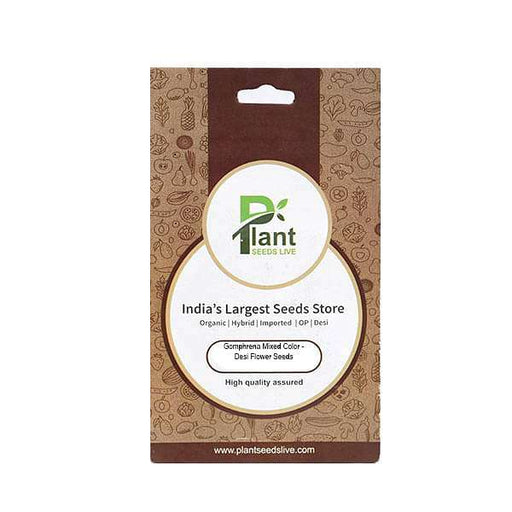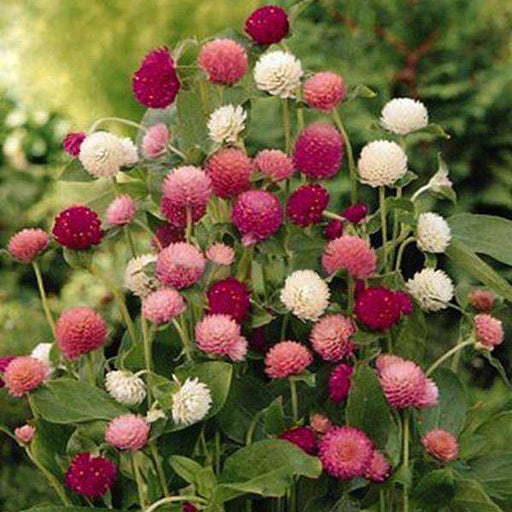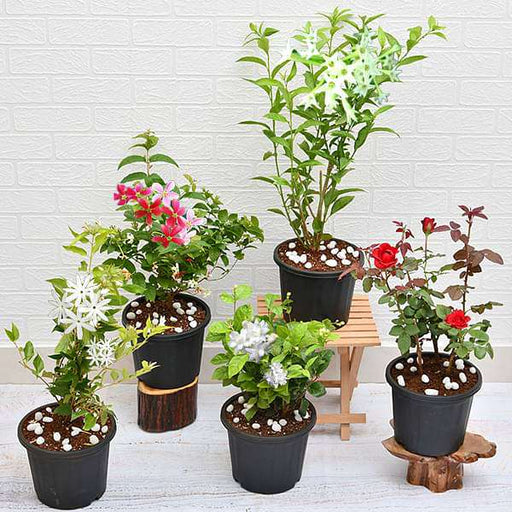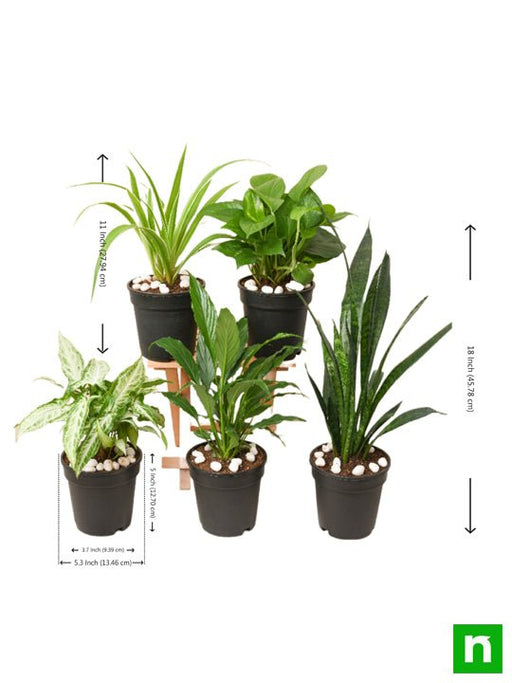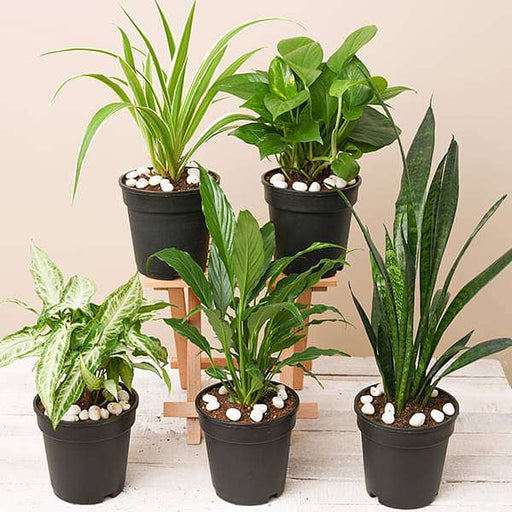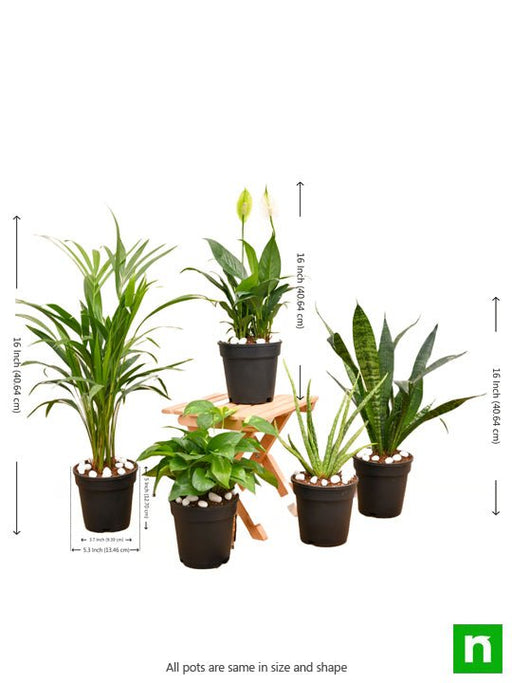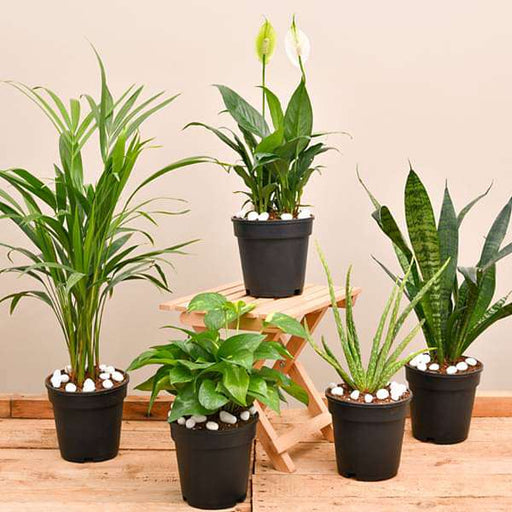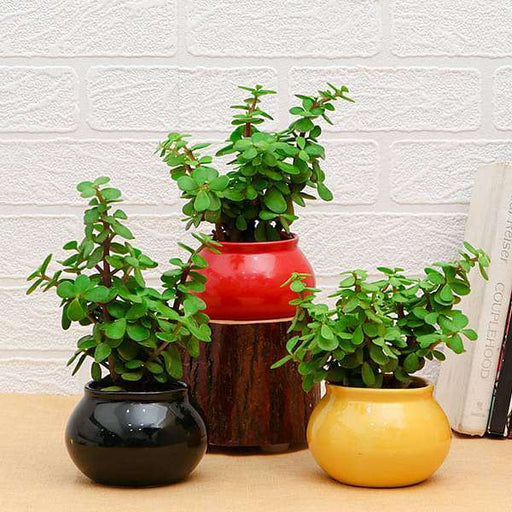Types of Tulip Flower Bulbs
Tulip flower bulbs come in a variety of types, each with its unique characteristics, colors, and growth habits. In this article, we will explore the different types of tulip flower bulbs and provide information on how to grow and care for them.
Growing Tulip Flower Bulbs
Growing tulip flower bulbs can be a fun and rewarding experience. In this article, we will provide tips and advice on how to grow tulip flower bulbs successfully, including soil preparation, watering, and fertilization.
Care and Maintenance of Tulip Flower Bulbs
Proper care and maintenance of tulip flower bulbs can help them thrive and produce a bountiful harvest. In this article, we will discuss the best practices for pruning, fertilizing, and pest control of tulip flower bulbs.
Tulip Flower Bulb Diseases
Tulip flower bulbs are susceptible to a variety of diseases, including fungal infections, bacterial diseases, and viral infections. In this article, we will explore the common diseases that affect tulip flower bulbs and provide tips on how to prevent and treat them.
Tulip Flower Bulb Pests
Tulip flower bulbs can be attacked by a variety of pests, including insects, mites, and rodents. In this article, we will discuss the common pests that affect tulip flower bulbs and provide tips on how to prevent and control them.
Benefits of Tulip Flower Bulbs
Tulip flower bulbs not only add beauty and aesthetic value to your garden but also offer many benefits, including attracting pollinators and providing cut flowers for bouquets. In this article, we will explore the benefits of tulip flower bulbs and how they can improve your overall gardening experience.
Tulip Flower Bulbs for Landscaping
Tulip flower bulbs are a popular choice for landscaping due to their beauty, fragrance, and low maintenance. In this article, we will provide advice on how to choose the right tulip flower bulbs for your landscape and how to incorporate them into your overall design.
Tulip Flower Bulbs for Cutting
Tulip flower bulbs are perfect for cutting and adding to floral arrangements, providing a beautiful and colorful display. In this article, we will explore the best tulip flower bulbs for cutting and provide tips on how to care for them.
Tulip Flower Bulbs for Borders
Tulip flower bulbs can be used to create borders, adding a beautiful and colorful edge to your garden beds. In this article, we will explore the best tulip flower bulbs for borders and provide advice on how to create a stunning and functional design.
Tulip Flower Bulbs for Containers
Tulip flower bulbs can be grown in containers, making them a great choice for small gardens or patios. In this article, we will explore the best tulip flower bulbs for container gardening and provide tips on how to care for them.
Tulip Flower Bulbs for Cottage Gardens
Tulip flower bulbs are a popular choice for cottage gardens due to their old-fashioned charm and sweet fragrance. In this article, we will explore the best tulip flower bulbs for cottage gardens and provide advice on how to create a beautiful and functional landscape.
Tulip Flower Bulbs for Rock Gardens
Tulip flower bulbs are perfect for rock gardens due to their ability to tolerate dry and rocky soils. In this article, we will explore the best tulip flower bulbs for rock gardens and provide tips on how to create a stunning and functional design.
Tulip Flower Bulbs for Shade
Tulip flower bulbs can also be grown in areas with less sunlight, making them a great choice for shady gardens. In this article, we will explore the best tulip flower bulbs for shade and provide tips on how to care for them.
Tulip Flower Bulbs for Full Sun
Tulip flower bulbs prefer full sun and can thrive in hot and sunny conditions. In this article, we will explore the best tulip flower bulbs for full sun and provide tips on how to care for them.
Tulip Flower Bulbs for Spring Blooms
Tulip flower bulbs are a favorite for spring gardens, producing stunning blooms in a range of colors. In this article, we will explore the best tulip flower bulbs for spring blooms and provide tips on how to care for them.
Tulip Flower Bulbs for Fall Planting
Tulip flower bulbs can also be planted in the fall, providing a beautiful display of late-season blooms. In this article, we will explore the best tulip flower bulbs for fall planting and provide tips on how to care for them.
Tulip Flower Bulbs for Indoor Gardening
Tulip flower bulbs can be grown indoors, providing a fragrant and beautiful addition to your home decor. In this article, we will explore the best tulip flower bulbs for indoor gardening and provide tips on how to care for them.
Tulip Flower Bulbs for Pollinators
Tulip flower bulbs are a great source of food for pollinators, including bees and butterflies. In this article, we will explore the best tulip flower bulbs for attracting pollinators and provide tips on how to create a pollinator-friendly garden.
Tulip Flower Bulbs for Fragrance
Tulip flower bulbs are known for their sweet and intoxicating fragrance, making them a popular choice for gardens and cut flower arrangements. In this article, we will explore the best tulip flower bulbs for fragrance and provide tips on how to maximize their scent.
Tulip Flower Bulbs for Drought Tolerance
Tulip flower bulbs are surprisingly drought-tolerant and can thrive in dry conditions. In this article, we will explore the best tulip flower bulbs for drought tolerance and provide tips on how to care for them in dry climates.

